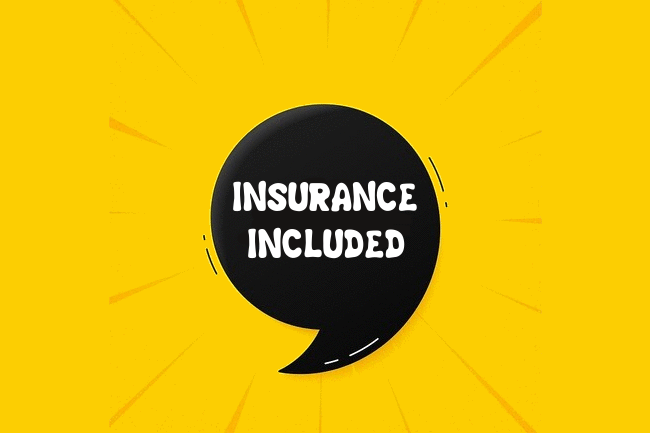
Embedded insurance is changing the way people buy policies. By incorporating insurance into the point of sale, companies in a wide range of industries can improve customer satisfaction while securing a new revenue stream. The embedded insurance market could exceed $70 billion in premiums by 2030 (according to a report from Conning), with significant sales in both commercial and personal lines. That’s a huge figure. The following 10 examples of embedded insurance done right show how it could be possible.
1. Tesla
If you buy an expensive car with advanced safety features, you probably expect to save on car insurance. However, that might not happen – it all depends on the carrier. Tesla Insurance boasts competitive prices along with comprehensive coverage and claim management for Tesla owners. The prices reflect the vehicle’s safety and advanced driver assistance features. It’s currently available in several states.
2. Fetch A Quote
Tesla Insurance is convenient for Tesla owners, but what about owners of other car brands? The Fetch A Quote platform lets auto manufacturers and dealers integrate insurance at the point of sale. According to Coverager, Liberty Mutual acquired the assets of Fetch A Quote in 2022, allowing the insurer to embed its insurance.
3. Skyscanner
The pandemic canceled many travel plans – and not all travelers were able to recoup their costs. A survey commissioned by Cover Genius found that 42% of U.S. travelers wanted to switch to another channel of travel insurance due to dissatisfaction with coverage and claims. Cover Genius and Skyscanner quickly rolled out a suite of protection products that cover trip cancelation with no exclusions for COVID-19 and even cover airline insolvency.
4. FirstVet
Many people consider their pets to be part of the family. According to FinTech Global, FirstVet and Fletch have partnered to offer embedded pet insurance. With FirstVet, pet owners can access virtual veterinary consultations. Now, pet owners can also access several pet insurance options via the platform.
5. Uber
Uber gave car owners a way to earn money as independent contractors, but it also exposed drivers to the risk of car accidents that personal auto insurance might not cover. To help drivers fill coverage gaps, Uber maintains insurance for drivers when they are available, waiting for a ride request, en route to pick up riders, or engaged in a trip.
6. Airbnb
Airbnb hosts faced a problem similar to that of Uber drivers: if something went wrong, they might have insufficient coverage under their homeowners insurance. To fill in the gaps, Airbnb offers AirCover for Hosts liability protection and damage protection. Coverage applies automatically, but hosts can opt out of the liability protection.
7. Bubble
Buying a house can be a challenging and stressful process, requiring coordination between the buyer, seller, lender, and insurer. Bubble’s Embedded Insurance-in-a-Box platform reduces some of the hassle by letting real estate companies embed homeowners insurance and life insurance into real estate transactions.
8. Rhino
Renters should have insurance, too, but some renters don’t realize their landlord’s insurance doesn’t cover their property and liability, meaning they may fail to purchase coverage. Landlords often require renters insurance. Now, though, instead of just requiring it, they can embed coverage into the rental process. Rhino has partnered with Cover Genius to offer the Rhino Renters Insurance Program, which makes it easy for property managers to offer competitive rates and convenient coverage.
9. Companjon
People may be reluctant to buy expensive tickets for a concert or other event if they’re worried there’s a chance they’ll have to cancel and lose their money. Companjon offers embedded entertainment insurance it says can help online ticket sellers and resellers increase sales. Companjon offers flexible cancellation, a weather guarantee, and rainy day cover.
10. Moving insurance
A lot can go wrong during a move, but the moving company’s valuation may not cover losses. When customers learn their lost, stolen, or damaged goods aren’t fully covered, they may be understandably angry, which can lead to bad reviews. Moving companies can increase customer satisfaction and reduce disputes by providing third-party moving insurance. Relocation Insurance Group is making it easy for movers to embed insurance into the moving process.
These examples of embedded insurance show that easier, digital insurance options are the way of the future. If you’re running a moving company, learn how you can leverage embedded insurance. Contact us.
